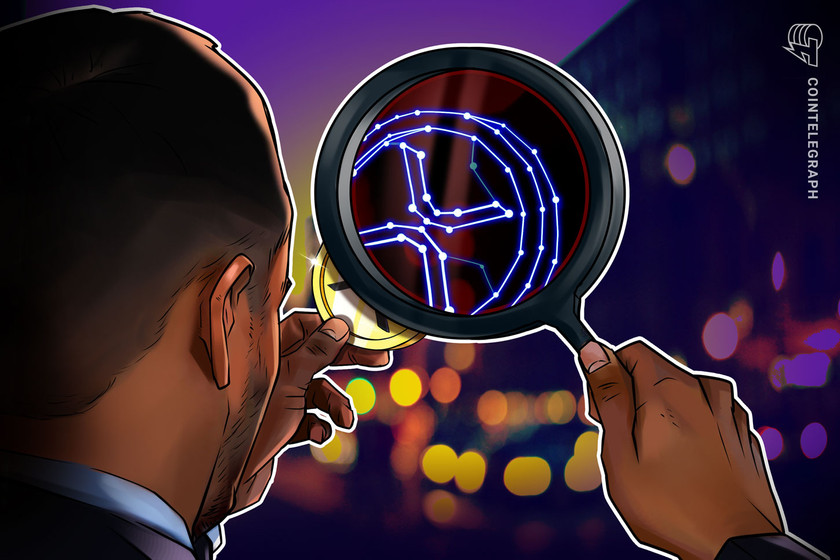Ripple CTO shuts down XRP conspiracy theory from ChatGPT

An AI chatbot alleged Ripple can secretly control its blockchain through an undisclosed backdoor in the network’s code and has been ridiculed by the firm’s CTO.
Ripple’s chief technology officer has responded to a conspiracy theory fabricated by Artificial Intelligence (AI) tool ChatGPT, which alleges the XRP Ledger (XRPL) is somehow being secretly controlled by Ripple.
According to a Dec. 3 Twitter thread by user Stefan Huber, when asked a series of questions regarding the decentralization of Ripple’s XRP Ledger, the ChatGPT bot suggested that while people could participate in the governance of the blockchain, Ripple has the “ultimate control” of XRPL.
Asked how this is possible without the consensus of participants and its publicly-available code, the AI alleged that Ripple may have “abilities that are not fully disclosed in the public source code.”
At one point, the AI said “the ultimate decision-making power” for XRPL “still lies with Ripple Labs” and the company could make changes “even if those changes do not have the support of the supermajority of the participants in the network.”
It also contrasted the XRPL with Bitcoin (BTC) saying the latter was “truly decentralized.”
However, Ripple CTO David Schwartz has called the bot’s logic into question, arguing that with that logic, Ripple could secretly control the Bitcoin network as it neither can be determined from the code.
If it’s final argument is that Ripple Labs “may have” some secret way to control the XRP Ledger that cannot be determined from the public code, why not argue that Ripple Labs “may have” some secret way to control the bitcoin blockchain that cannot be determined from the code?
— David “JoelKatz” Schwartz (@JoelKatz) December 5, 2022
The bot was also shown to contradict its own statements in the interaction, stating that the main reason for using “a distributed ledger like the [XRPL] is to enable secure and efficient transactions without the need for a central authority,” which contradicts its statement that the XRPL is managed centrally.
Related: Ripple files final submission against SEC as landmark case nears end
ChatGPT is a chatbot tool built by AI research company OpenAI which is designed to interact “in a conversational way” and answer questions about almost anything a user asks. It can even complete some tasks such as creating and testing smart contracts.
The AI was trained on “vast amounts of data from the internet written by humans, including conversations” according to OpenAI and warned because of this some of the bot’s reponses can be “inaccurate, untruthful, and otherwise misleading at times.”
OpenAI CEO Sam Altman said upon its release on Nov. 30 that its “an early demo” and is “very much a research release.” The tool has already seen over one million users according to a Dec. 5 tweet by Altman.
Ethereum founder Vitalik Buterin also weighed in on the AI chatbot in a Dec. 4 tweet saying the idea that AI “will be free from human biases has probably died the hardest.”
Of all the optimistic 00s era takes, “AI will think logically from first principles so it will be free from human biases” has probably died the hardest. https://t.co/5rz33AEgKb
— vitalik.eth (@VitalikButerin) December 4, 2022



